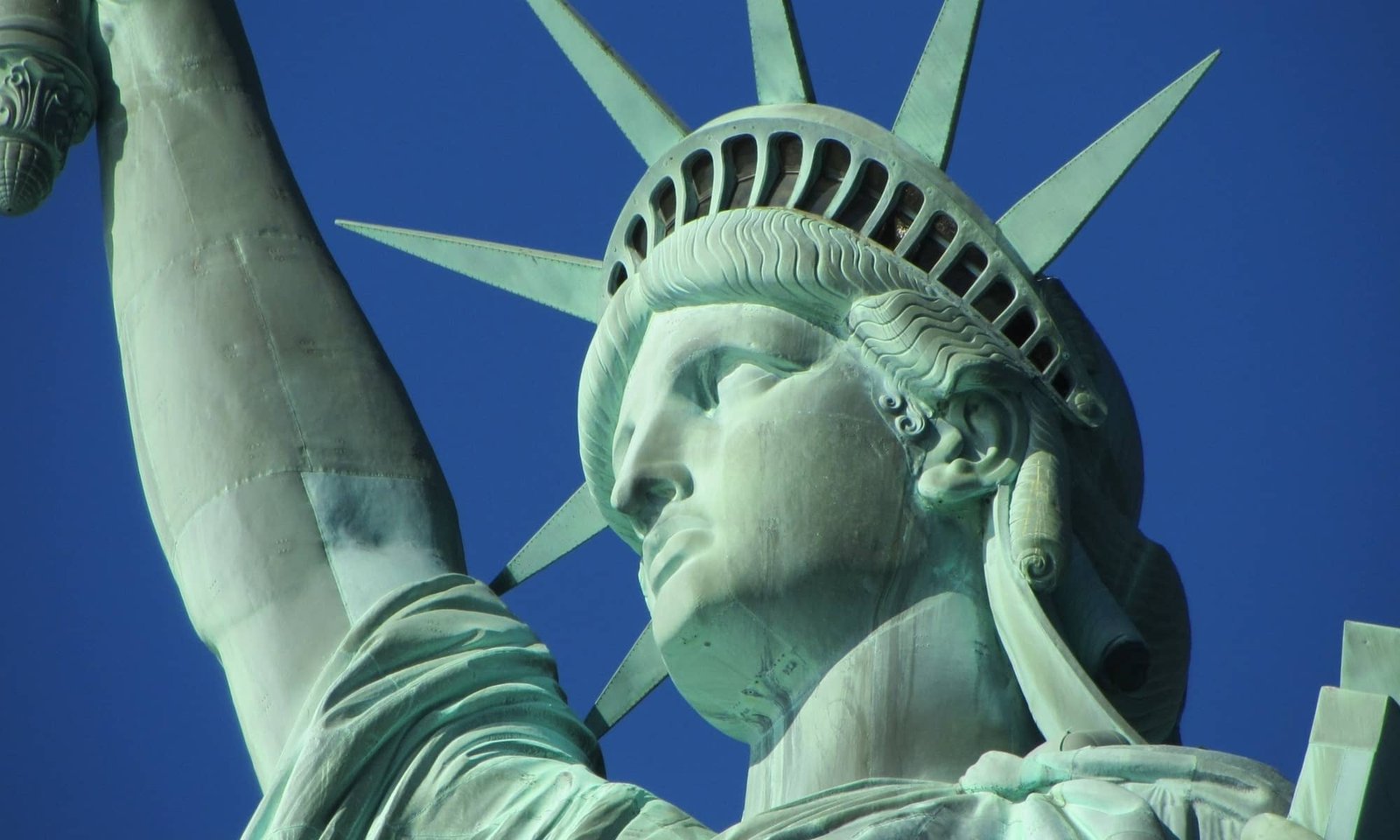Human has been longing for, searching for and attempting to achieve so many things that are difficult (impossible in some cases) to find or accomplish.
Let’s shine some light on a few in this non-exhaustive list:
- Eternal Life
- Freedom
- Chrysopoeia
- Atlantis
- Habitat
- Holy Grail
- Peace
- Paradise
“Rarely do we find men who willingly engage in hard, solid thinking. There is an almost universal quest for easy answers and half-baked solutions. Nothing pains some people more than having to think.”
– Martin Luther King Jr.
Eternal Life
Eternal life traditionally refers to continued life after death, as outlined in Christian eschatology. The Apostles’ Creed testifies: “I believe… the resurrection of the body, and life everlasting.” Eternal youth is the concept of human physical immortality free of ageing. The youth referred to is usually meant to be in contrast to the depredations of aging, rather than a specific age of the human lifespan. Achieving eternal youth so far remains beyond the capabilities of scientific technology.
Freedom
Freedom, generally, is having the ability to act or change without constraint. In philosophy and religion, it is associated with having free will and being without undue or unjust constraints, or enslavement and is an idea closely related to the concept of liberty.
A person shall have the freedom to do things that will not be prevented by other forces and Freedom shall not be narrowed down even in the smallest approach.
Chrysopoeia
In alchemy, the term chrysopoeia means transmutation into gold. It symbolically indicates the creation of the philosopher’s stone and the completion of the Great Work. Yes, gold can be created from other elements but the process requires nuclear reactions and is so expensive that you currently cannot make money by selling the gold that you create from other elements.
Atlantis
Atlantis is a fictional island mentioned in an allegory on the hubris of nations in Plato’s works Timaeus and Critias, where it represents the antagonist naval power that besieges “Ancient Athens”, the pseudo-historic embodiment of Plato’s ideal state in The Republic.
Plato describes Atlantis as a powerful and advanced civilization that existed about 9,000 years before his own time. The island was located “beyond the Pillars of Heracles,” which is commonly identified with the Strait of Gibraltar, and was larger than Libya and Asia combined. Atlantis was a lush and fertile land, rich in natural resources, and boasted sophisticated architecture, advanced technology, and a powerful navy.
Holy Grail
The Holy Grail is a treasure that serves as an important motif in Arthurian literature. Different traditions describe it as a cup, dish or stone with miraculous powers that provide happiness, eternal youth or sustenance in infinite abundance, often in the custody of the Fisher King. The Holy Grail is generally considered to be the cup from which Jesus Christ drank at the Last Supper and the one used by Joseph of Arimathea to catch his blood as he hung on the cross.
Habitat
In ecology, a habitat is the type of natural environment in which a particular species of organism lives. A species’s habitat is those places where the species can find food, shelter, protection and mates for reproduction.
Space Exploration – or rather space observation, as we are not quite there yet – revealed: Venus is very similar to Earth in size and mass – and so is sometimes referred to as Earth’s sister planet – but Venus has a quite different climate.
However, a 2015 review concluded that the exoplanets Kepler-62f, Kepler-186f and Kepler-442b were likely the best candidates for being potentially habitable for human. These are at a distance of 1,200, 490 and 1,120 light-years away, respectively.
Peace
Peace is a concept of societal friendship and harmony in the absence of hostility and violence. In a social sense, peace is commonly used to mean a lack of conflict and freedom from fear of violence between individuals or groups. So, peace is when people are able to resolve their conflicts without violence and can work together to improve the quality of their lives:
- Power: Everyone has the power to participate in shaping political decisions and the Governemnt is accountable to the people.
- Income and assets: Everyone has an equal opportunity to work and make a living, regardless of gender, ethinicity or any other aspect of identity.
- Fairness, equality, justice: Everyone is equal before the law, the systems for justice are trusted and fair and effecitve laws protect people’s rights.
- Safety: Everyone lives in safety, without fear or threat of violence and no form of violence is tolerated in law or in practice.
- Wellbeing: Everyone has fair and equal access to the basic needs for their wellbeing such as food, clean water, shelter, education, health care and a decent living environment.
Paradise
In Religions, paradise is a place of exceptional happiness and delight. Paradisiacal notions are often laden with pastoral imagery, and may be cosmogonical or eschatological or both, often compared to the miseries of human civilization:
- Paradise is a place of peace, prosperity, and happiness, a land of contentment, luxury and fulfillment. Paradise is often described as a “higher place”, the holiest place, in contrast to this world, or underworlds such as Hell.
“I feel the older I get, the more I’m learning to handle life. Being on this quest for a long time, it’s all about finding yourself.”
– Ringo Starr
What’s More

My Blog (58)
Dependence (5) Fiction (7) Karma (6) Landmarks (4) Paramount (5) Poignancy (5) Spectrum (6) Spotlight (5) Take Off (5) Unique (5) Virtue (5)
Amazing Stuff (9) Beyond Known (8) Controversial (10) Digital World (9) Inequities (8) Innovative (8) Metaphysics (8) Our Society (9) Outer Space (9) Value Creation (9)














